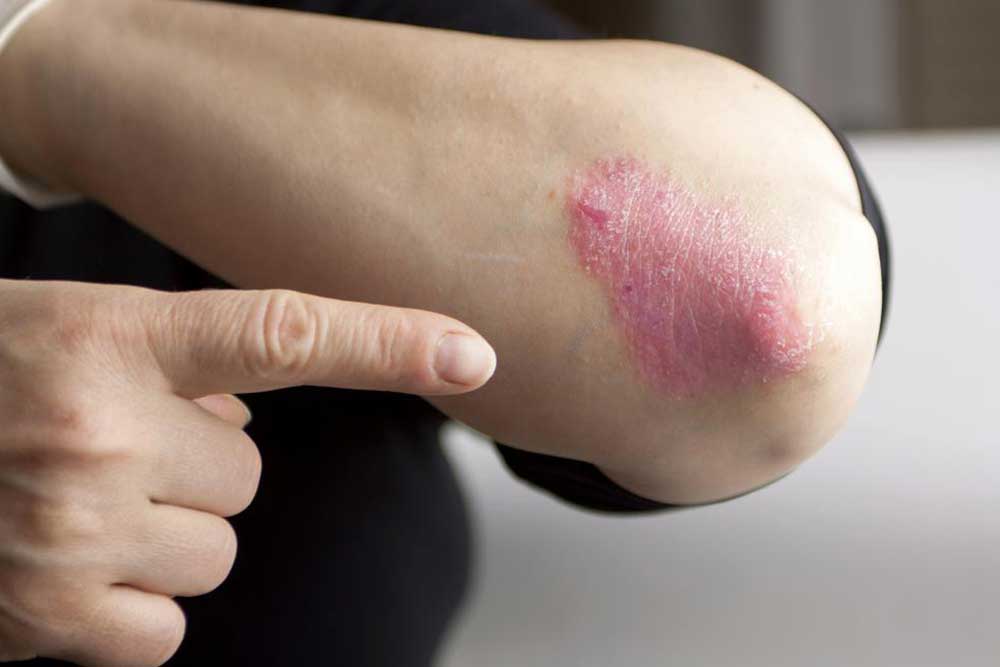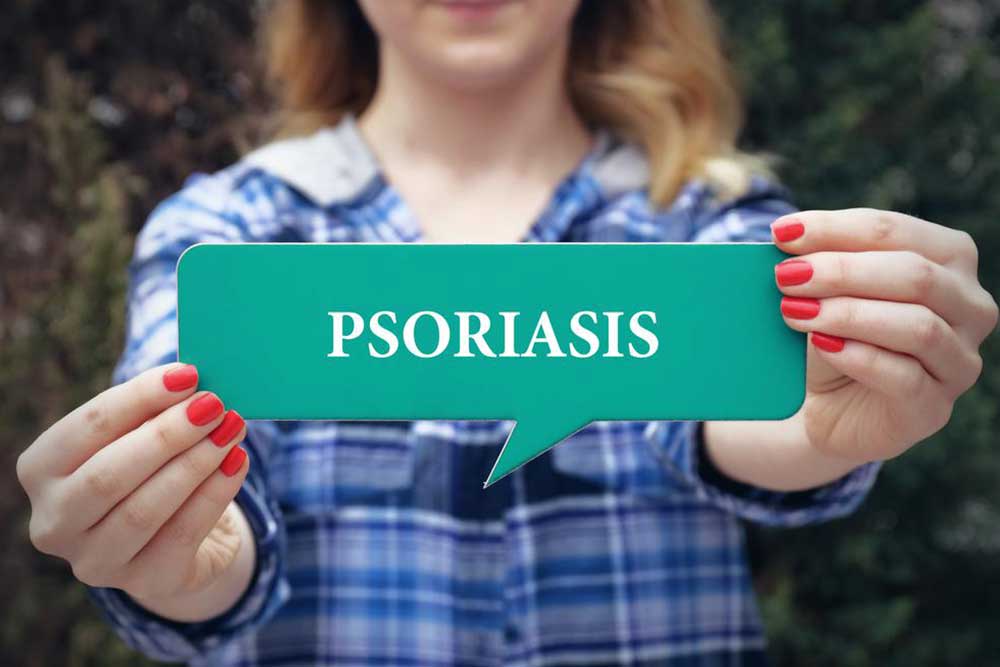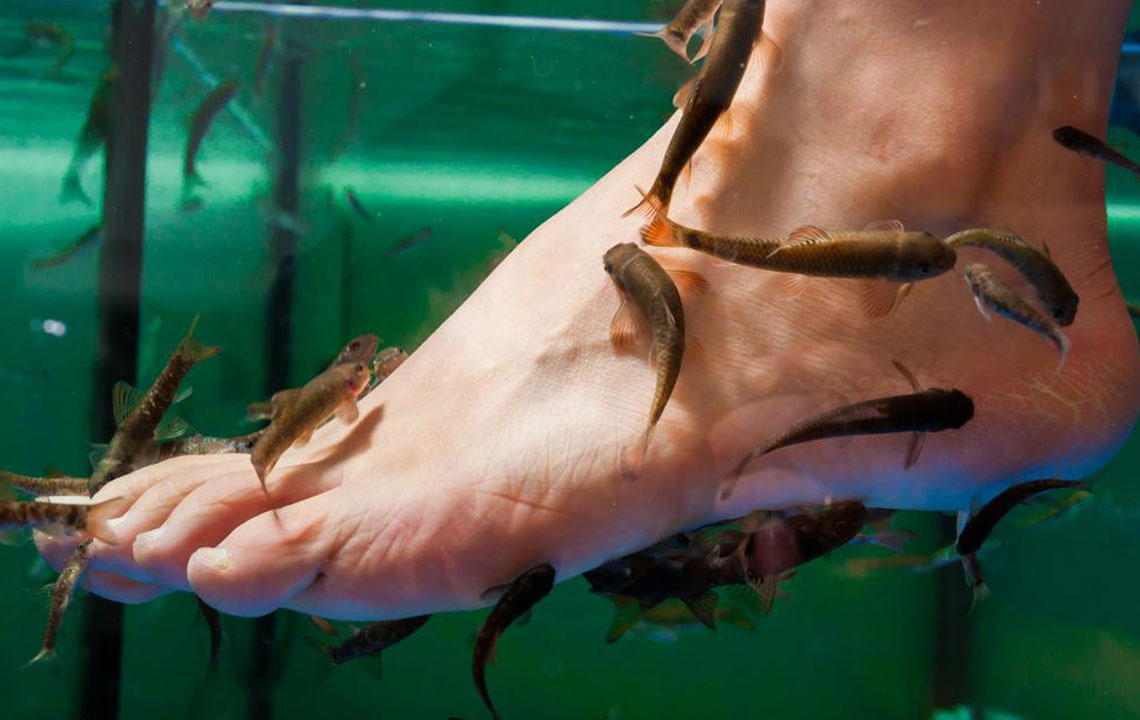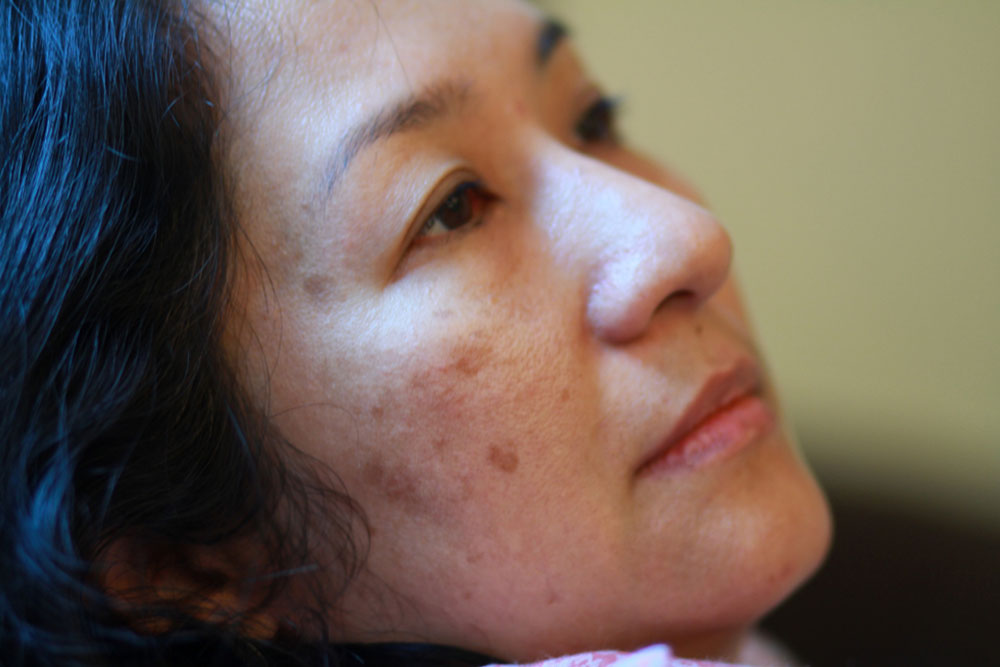Effective Treatments for Sebaceous Cysts
Learn about effective medical and home-based treatments for sebaceous cysts. This guide covers surgical options, self-care tips, and the importance of consulting dermatologists for optimal management of these skin bumps. Maintain good hygiene and avoid harsh chemicals to support healing and prevent recurrence.
Sponsored
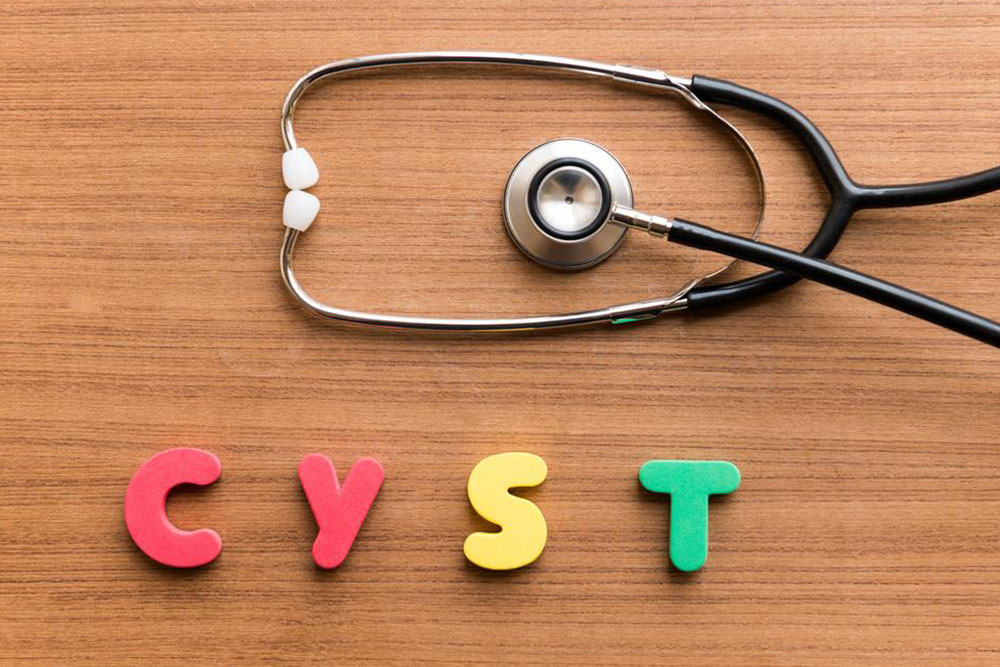
Available Medical Options for Sebaceous Cysts
A sebaceous cyst appears as a small bump beneath the skin, resulting from clogged glands. These cysts commonly occur on the face and neck. Treatment can be performed by healthcare professionals without the need for laboratory tests or imaging.
The cyst contains an oily substance and can develop anywhere on the body, such as the face, scalp, or neck, due to blocked sweat glands or hair follicles. There are two main types: epidermal cysts and pilar cysts, each with unique features. Generally, sebaceous cysts are not severe and can be effectively treated with various methods.
Symptoms often include lumps with a blackhead at the center or drainage of mucus, oil, or cheesy material from the cyst.
Common treatment options include:
Surgical removal: This straightforward procedure involves excising the entire cyst sac and its contents. Methods include wide excision, punch biopsy, and minimal excision. Antibiotics may be given during or after surgery to aid recovery.
Home care approaches: Mild cysts may be managed without surgery using gentle medications. Applying warm compresses can soothe surrounding tissues and promote drainage, reducing infection risk.
Avoid harsh chemicals: Using soaps and creams with many chemicals can worsen the condition. Instead, medicinal gels and topical creams are recommended for symptom relief. Maintaining good hygiene supports healing alongside prescribed treatments.
Seek specialist advice: Dermatologists can accurately diagnose and recommend appropriate therapies. For mild cases, drainage or direct injections of medication into the cyst can prevent infection spread. Keeping the area clean reduces the risk of re-infection.
Additional online resources provide details about home remedies and preventive measures to manage cysts at home effectively.


